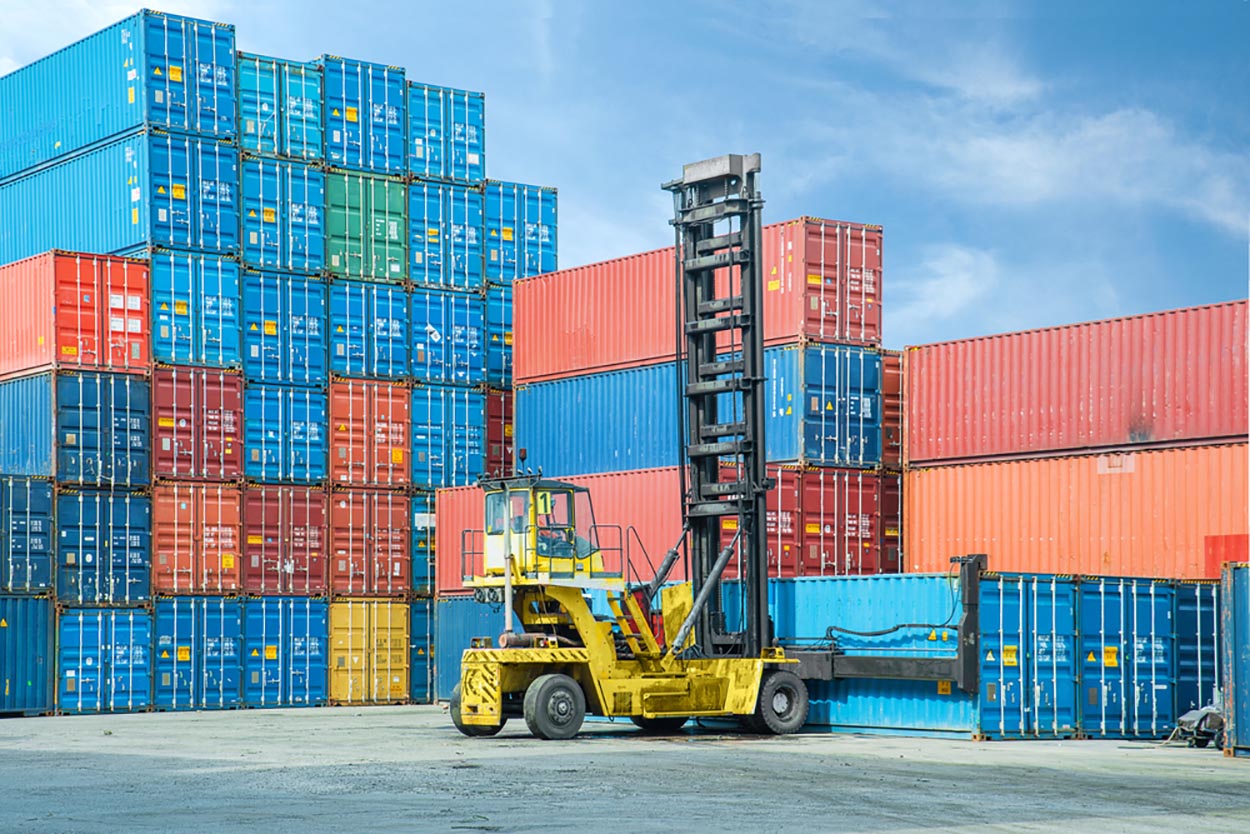The Essential Role of Cargo Expedition in Global Commerce
The Essential Role of Cargo Expedition in Global Commerce
Blog Article
Cargo transportation plays a vital contribution to facilitating trade across the globe in ensuring that products and other materials are effectively transported across different regions and even countries. With the increasing interconnectedness of economies and interdependent, the demand for reliable and effective cargo transportation is growing significantly. From raw materials to final products, businesses depend on cargo expeditions for timely delivery of goods and in good condition. It doesn't matter if it's by air, sea, or land, cargo transport connects manufacturers, suppliers producers and customers around the globe. This interconnected logistics web is the backbone of international commerce, driving industries and stimulating economic growth through allowing items to seamlessly move from one place to the next.
One of the major variables that influence the success of cargo missions is the transportation method. The choice of transport-air freight, sea freight, or road freight, is largely based on the kind of cargo, its destination, as well as the speed of transport. Sea freight is the most frequently used method to transport massive quantities of goods because it's cost-effective for long-distance travel and can manage a variety of products. But, it has greater transit time than air freight. It is generally preferred for higher-value or items that require time, such as electronics, medical supplies, and perishables. Road freight, which is typically utilized to transport regional goods, provides the flexibility to complement shipping by air or sea, connecting warehouses, ports, as well as their final destinations.
Logistics involved in cargo transportation require careful preparation and coordination to guarantee the safe movement of products. Shipping companies need to take into account factors such as the weather, regulations for customs as well as security procedures when arranging the transport of cargo. Additionally, they need to plan their delivery routes, schedules and routes to cut costs as well as reduce delay. Most cargo transport involves multimodal modes that involves the movement of cargo through various modes of transportation. For example, cargo may be transported by ship to a major port, followed by truck to a distribution centre. Being able to effortlessly switch between various modes of transportation is vital to ensuring the efficiency of your business and to avoid disruptions to any supply chain.
Technology is a major factor in the present. technology plays a key aspect in increasing the effectiveness and precision of Cargo Expedition. Real-time tracking devices, driven via GPS or RFID technology, allow both companies and consumers to track shipping throughout their entire journey. This increases transparency, minimizes the risk of lost or delayed delivery, and ensures the timely supply of goods. Additionally, automation is revolutionizing the logistics sector by simplifying processes such as the management of warehouses, order fulfillment as well as the routing of shipment. Advanced software systems use data analytics to enhance shipping routes and reduce shipping costs and the amount of the time. By integrating these technological advancements cargo companies are able to improve their offerings and satisfy the growing demands of international trade. To receive extra details please head to Muat
The environment is an increasingly important issue in the cargo expedition industry. Transportation, specifically maritime and air transport, is a significant contributor to carbon dioxide emissions in the world. With the global population facing increasing environmental challenges, many companies are working to mitigate the impact on the environment of cargo transportation. It has resulted in developments like energy-efficient ships, the application of biofuels for aviation and the development of electric trucks for land-based deliveries. Many logistics providers are also looking to reduce their fuel use through more efficient routing and consolidating shipments to minimize the number of journeys required. The move toward greener practices when it comes to cargo transportation is not solely beneficial for the environment however, it is also beneficial for businesses because consumers and the government tend to favor companies that have green practices.
As the world gets more interconnected, the demand for efficient and reliable logistics services to transport cargo continues grow. E-commerce has revolutionized the logistics industry, creating demands for speedier and simpler delivery processes to meet the expectations of customers who want faster shipping times. The worldwide growth of online shopping has led shipping companies to create integrated solutions that allow for better delivery options that are more flexible, like next-day or same-day deliveries. With this in mind, many businesses utilize advanced technologies, such as drones and autonomous vehicles to improve the speed and precision of delivery. Innovations like these are changing the way transporting cargo and making them more efficient and capable of meeting the ever-changing demands of the modern consumer.